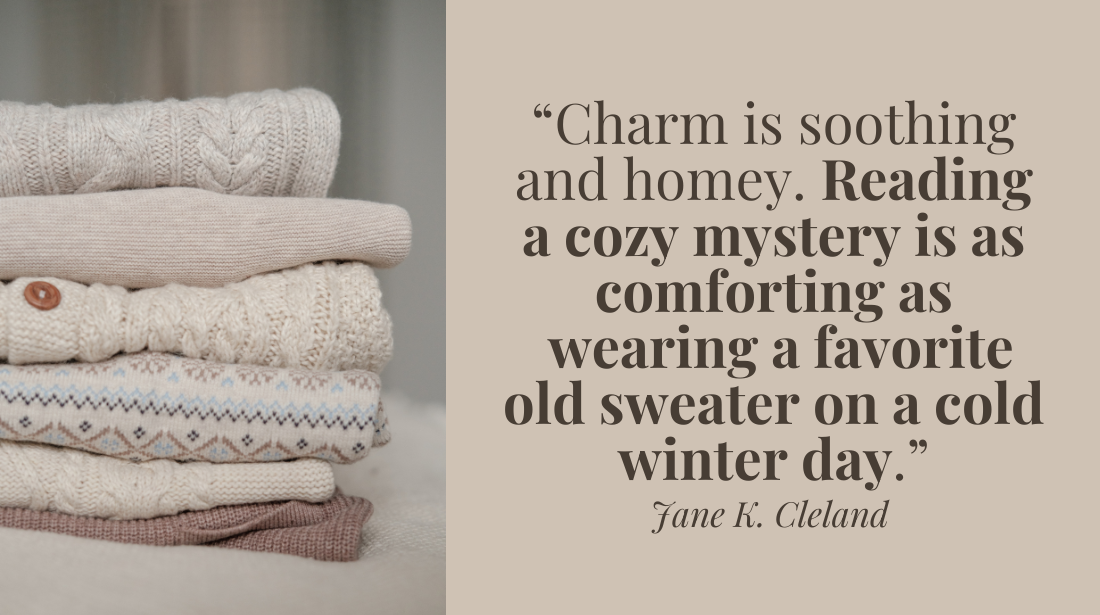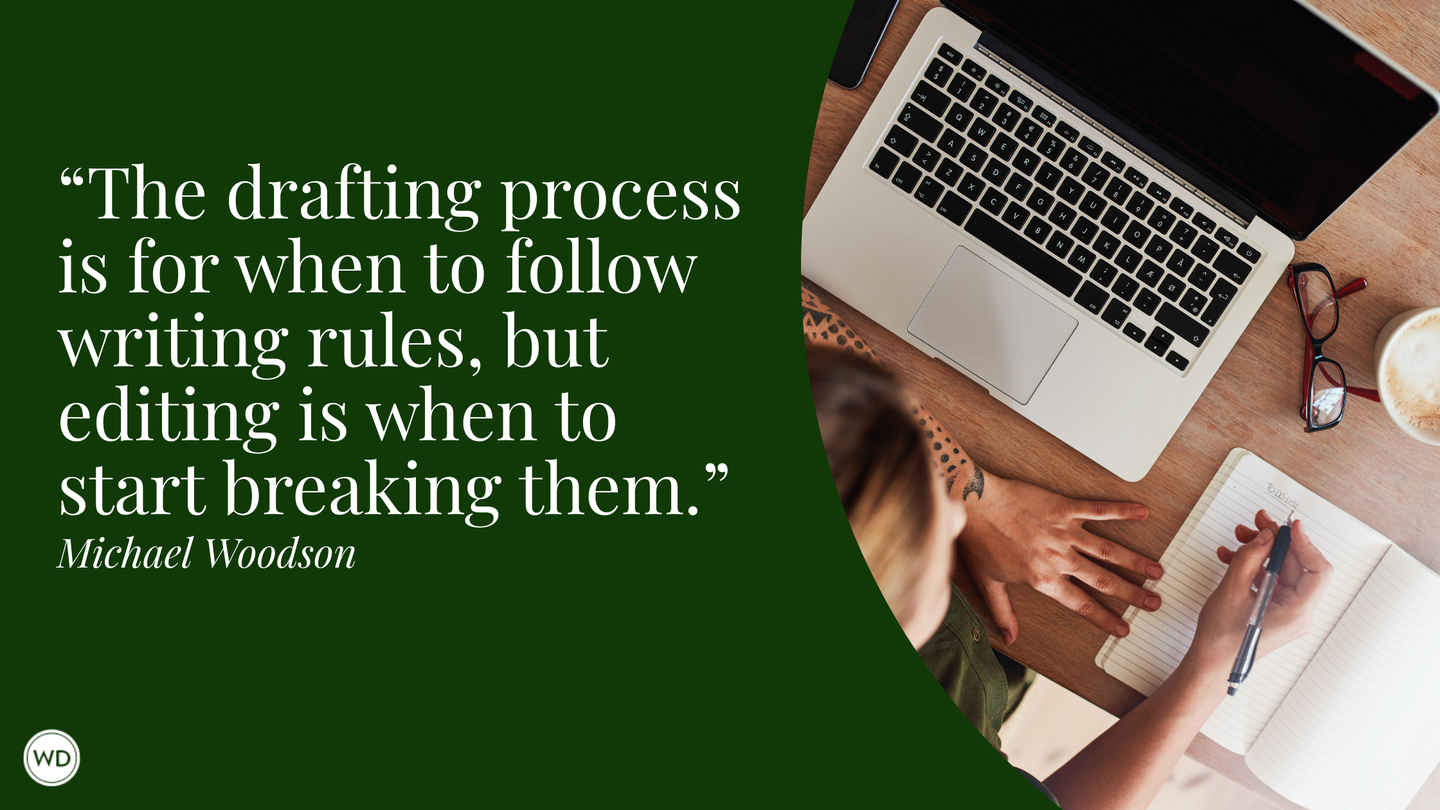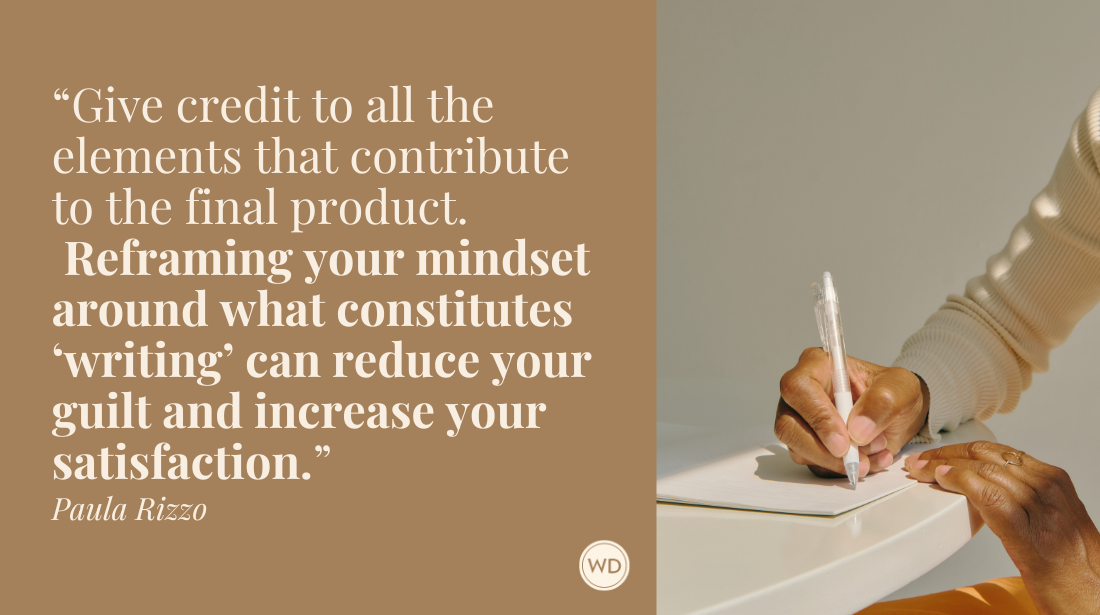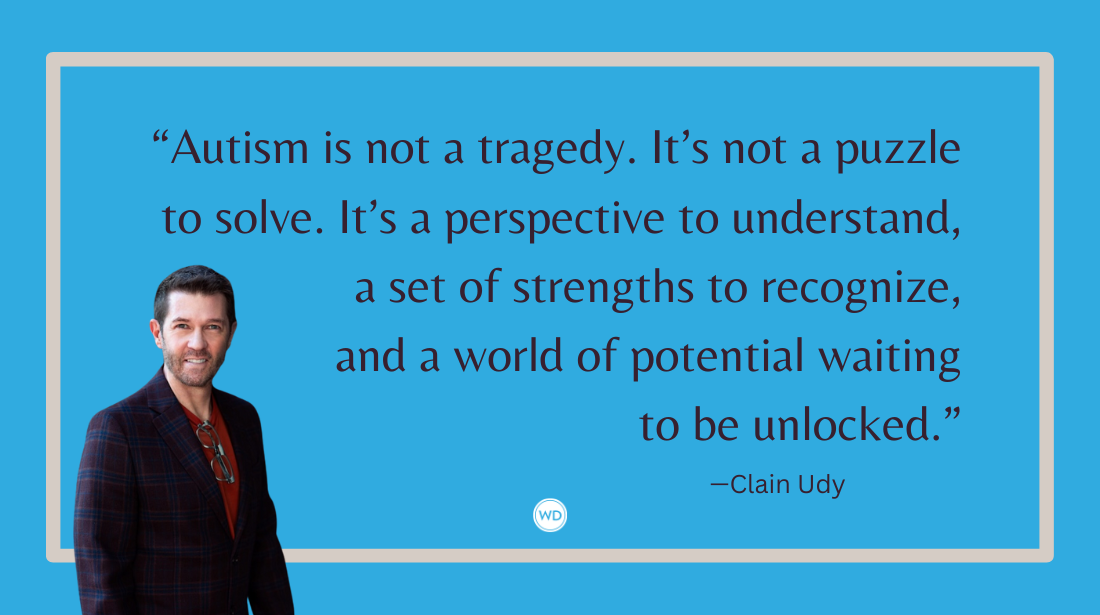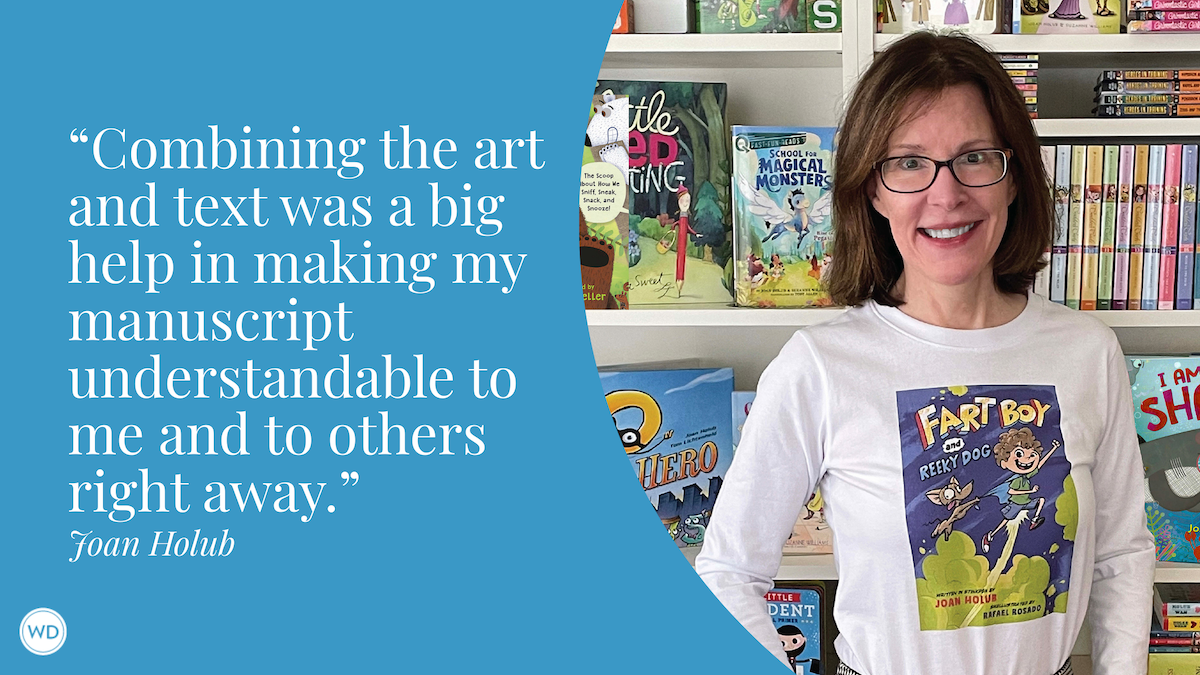10 Best Movies With Writers and About Writing
Here’s editor Robert Lee Brewer’s list of the 10 best movies with writers and about writing. Grab a bag of popcorn and get ready for some writing-related binge watching.
Recently, I was trying to find something to watch with my wife, and we stumbled upon Stranger Than Fiction, a movie about a real life IRS auditor who is also the protagonist of a novelist who always kills off her protagonists. It was a fun and unexpectedly heart-warming movie, but it also didn't take long for me to wonder, "What are the best writing-related movies?" So I started making my own list, and I put out a call on social media.
Anyway, this post puts together my ultimate movie list of the 10 best movies with writers and/or about the process of writing. Sure, there are many other great films about the subject, and please share them in the comments below. But this is the list I'm most likely to binge watch when I've got the TV to myself again.
10 Best Movies With Writers and About Writing
Movie 1: Barton Fink (1991)
It's the oldest story in the book when it comes to writers: Barton Fink is a young writer with promise who gets the break of a lifetime to write movie scripts. But there's the usual problem: He can't seem to get started. Written and directed by the Coen brothers, this was the most recommended movie related to writing when I asked on social media, and it's got the awards to back it up (as you can see in the trailer).
Movie 2: Misery (1990)
Nearly every writer's dream is to make it big with millions of dollars and adoring fans. But Misery is sure to make all writers feel a tinge of unease at hearing, "I'm your number one fan." In this movie, famed novelist Paul Sheldon (played by James Caan) gets in a car wreck and is found by his self-proclaimed number one fan Annie Wilkes (played by Kathy Bates). It doesn't take long for Sheldon to realize his fame comes at a price. [By the way, another great (and much lighter) writing-related movie with James Caan is Elf with Will Ferrell playing the role of Buddy.]
Movie 3: Shakespeare in Love (1998)
This re-imagining of William Shakespeare's life and times is a fun love story that is not historically accurate, but it's not exactly trying to be. Instead, it "plays" with Shakespeare's language, themes, and paradoxes of his day. All in all, it's an enjoyable romance that will leave most viewers wanting to watch a play (or movie adaptation of a Shakespearean play).
Movie 4: Dead Poets Society (1989)
Or you may decide to jump from Shakespeare in Love to Dead Poets Society, which makes sense if you've watched both films. This is the movie that alerted me to the phrase "carpe diem," and I admit it helped foster my own personal search for great writers and writing. But as with all movies on this list, Dead Poets Society is more than just a story of writing or writers; it exposes the humanity (both the highest peaks and lowest depths) in all of us.
Movie 5: Finding Neverland (2004)
Another literary re-imagining, Finding Neverland examines the life and times of J.M. Barrie and his creation of Peter Pan and the land in which he lives. While the relationship between Barrie (played by Johnny Depp) and Sylvia Llewellyn Davies (played by Kate Winslet) is satisfying, I can't help but empathize with the protagonist's view of the world around him. If this movie does not move you as a writer, then well, you're a tougher critic than I.
Movie 6: All the President's Men (1976)
None of the movies on this list are documentaries, so they're all fictional accounts. That said, this movie comes the closest to representing true events as they happened, and it follows Bob Woodward (played by Robert Redford) and Carl Bernstein (played by Dustin Hoffman) as they break one of the biggest stories (and maybe the biggest) of American politics ever. In addition to their investigative methods, I'm captured by the editorial discussions and considerations involved throughout the process.
Movie 7: Adaptation (2002)
This movie is a multi-layered story about storytelling that's based on a real book (The Orchid Thief, by Susan Orlean) that is not about storytelling. The basic premise is that you have a scriptwriter named Charlie Kaufman (who is the real scriptwriter, though played by Nicolas Cage in the movie) trying to adapt Orlean's The Orchid Thief into a movie only to realize that it doesn't have a Hollywood story in it, which causes Kaufman to panic and an endless array of hijinks ensues. An interesting side note is that the real Susan Orlean had to sign off on this story and originally said no, but ultimately warmed to the idea and enjoys the movie now.
Movie 8: Midnight in Paris (2011)
Writers tend to romanticize Paris, and why not? Midnight in Paris takes this to a whole new level by following a writer through Paris and time as he attempts to unlock his version of Paris as well as his own writing. One element about this movie that some writers may be able to empathize with is how the screenwriting protagonist who is trying to finish his first novel Gil Pender (played by Owen Wilson) struggles to fit into a world of non-writers. It's a magical romp through time and place.
Movie 9: The Shining (1980)
Anyone who's experienced writer's block knows how frustrating that process can be. It's almost like you lose a piece of yourself. However, the block that Jack Torrance (played by Jack Nicholson) experiences takes things to a whole new level of suffering--both for the writer and his family. This is actually the second film based on a Stephen King novel to make the list, and they're both terrifying.
Movie 10: So I Married an Axe Murderer (1993)
This is a guilty (okay, not so guilty) pleasure of mine, and it's the silliest movie on the list. Add to that the fact that the protagonist Charlie MacKenzie lives a completely unrealistic life as a beat poet in San Francisco, and well, be prepared to suspend your sense of reality. But honestly, So I Married an Axe Murderer is about as funny as it gets while playing with stereotypes about poets and the people who want them "deed!" (If you don't get this, do yourself a favor and watch the movie.)
*****
Discover how the seven core competencies of storytelling—concept, character, voice, plot, theme, scene construction, and style—combine to create compelling narrative.
Robert Lee Brewer is Senior Editor of Writer's Digest, which includes managing the content on WritersDigest.com and programming virtual conferences. He's the author of 40 Plot Twist Prompts for Writers: Writing Ideas for Bending Stories in New Directions, The Complete Guide of Poetic Forms: 100+ Poetic Form Definitions and Examples for Poets, Poem-a-Day: 365 Poetry Writing Prompts for a Year of Poeming, and more. Also, he's the editor of Writer's Market, Poet's Market, and Guide to Literary Agents. Follow him on Twitter @robertleebrewer.




